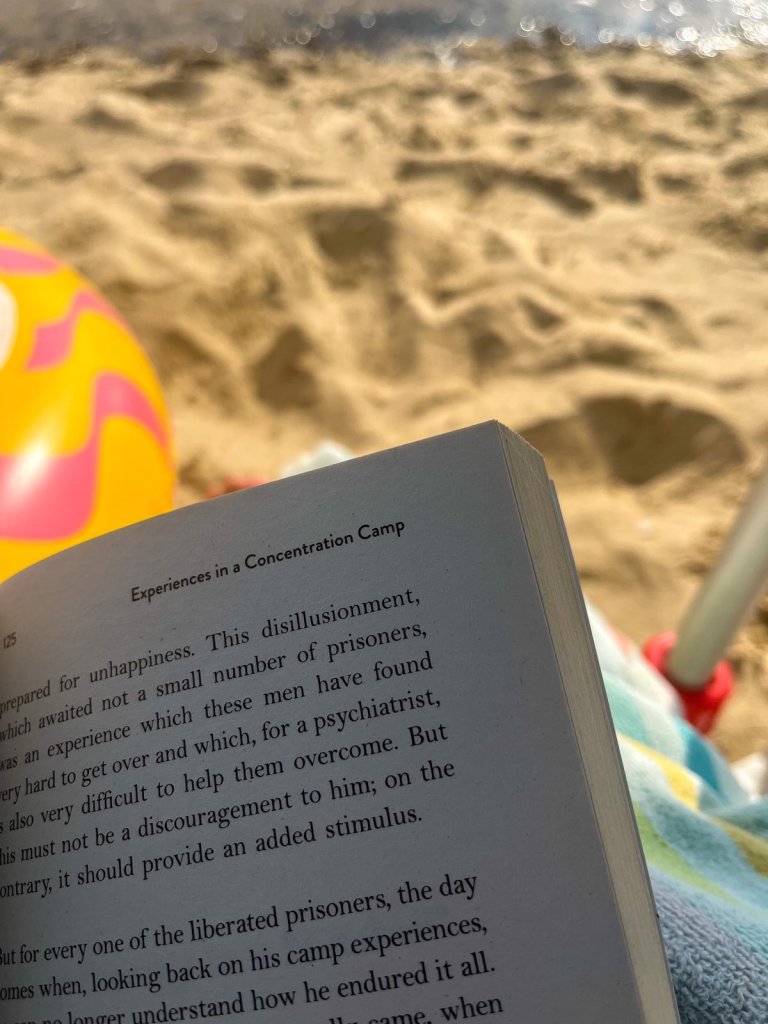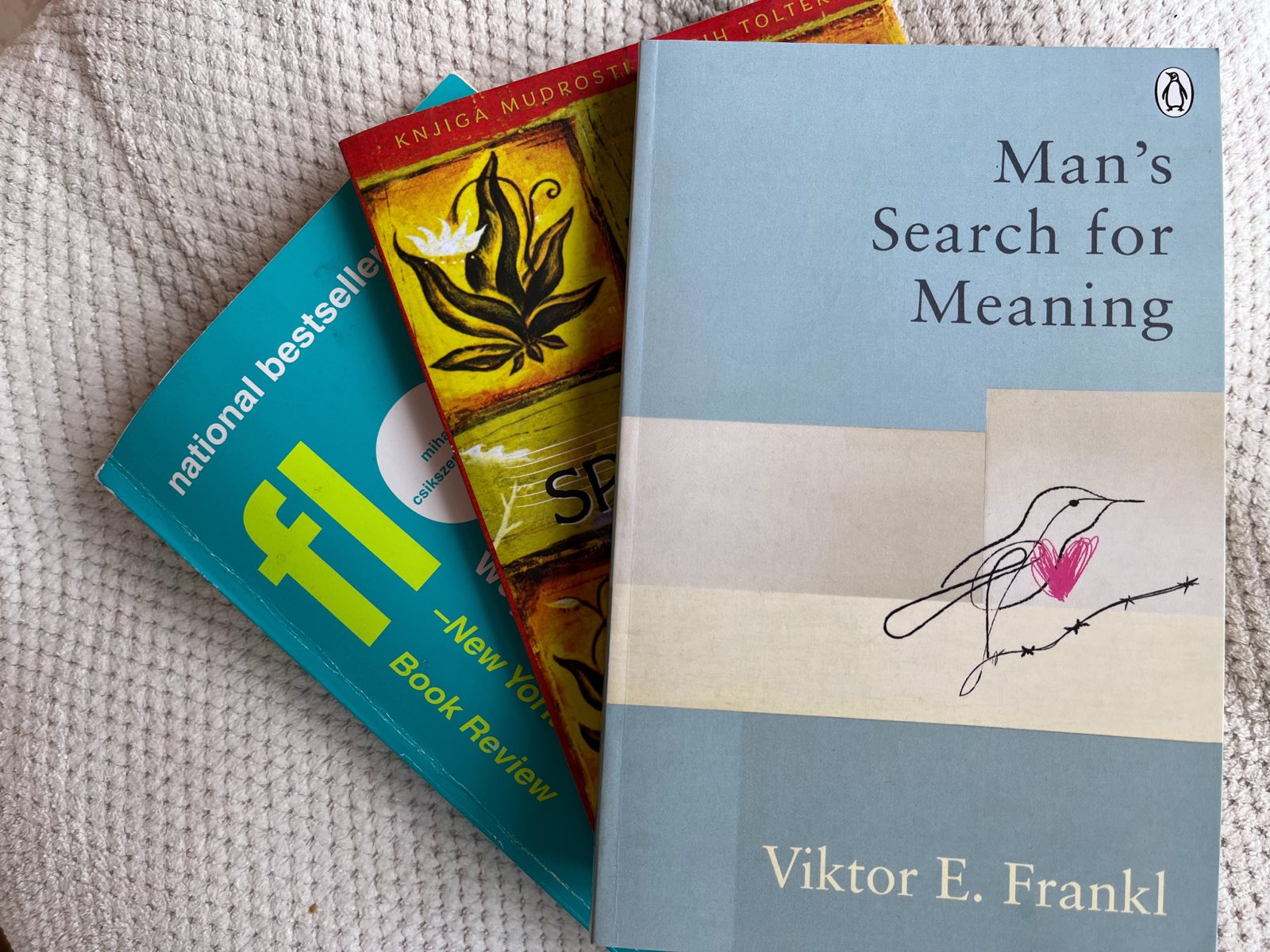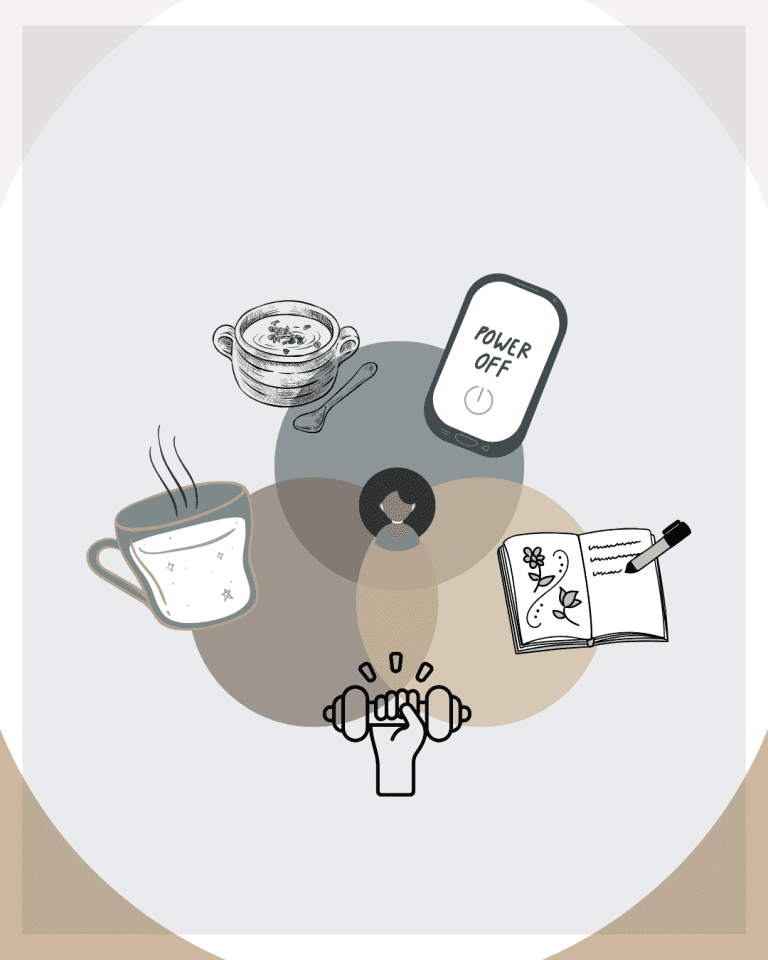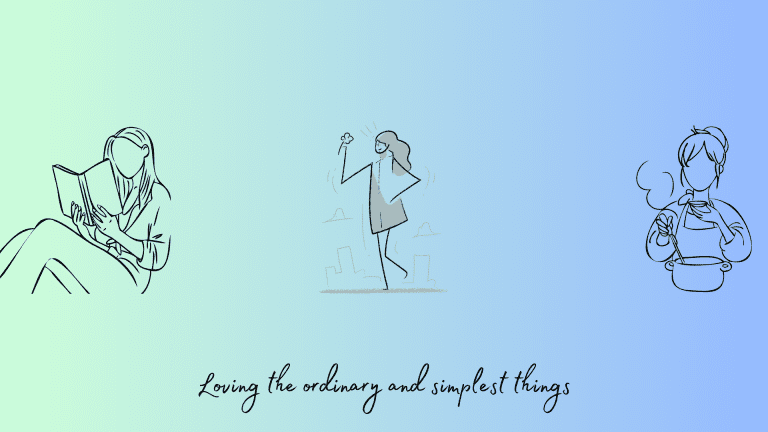Review of Man’s Search for Meaning by Viktor Frankl
Everything can be taken from a man but one thing: the last of the human freedoms—to choose one’s attitude in any given set of circumstances, to choose one’s own way.
Viktor frankl
This quote stayed with me long after I finished the book. It came back to me today, and I felt the need to write a few words about Man’s Search for Meaning by Viktor Frankl.
I’ve read many books this year, but only a few touched something deep inside me. This was one of them.
I came across it unexpectedly this summer while I was in Greece. It’s not the kind of book you’d normally choose for a beach read. But something drew me to it. Frankl, a psychiatrist and Holocaust survivor, writes about his time in the concentration camps and what kept people going in the face of unthinkable suffering.
What struck me most was his conviction that even in the most dire circumstances, if a person has a reason to live, they can endure almost anything.
He reminds us that while we can’t always choose what happens to us, we can choose how we respond.
This book is both a personal story and a powerful reflection on the human spirit. It’s painful at times, but also full of quiet hope. It made me pause, think, and see life a little differently.
Why I Chose to Read Man’s Search for Meaning
I was sitting in a lounge chair, looking out at the sea — surrounded by calm, comfort, and quiet — when I picked up this book. And yet, reading it was emotionally hard. Not because the writing is difficult, it’s clear and straightforward, but because the truth of what happened in those camps is hard to absorb.
It compelled me to view my own life with fresh eyes. To realize how deeply privileged I am. How small my everyday complaints really are. How, even in peace and comfort, I still find things to be unhappy about.
It also made me think of my grandfather, who spent time in Nazi work camps during the war. He wrote two diaries about those years. But I never truly understood the weight of what he went through, being separated from loved ones, living in constant fear, unsure if he’d survive.
Frankl’s story helped me see that suffering, though different for each of us, is something we all face at some point. And more importantly, how we respond to it is what shapes us.
Key Takeaways from Man’s Search for Meaning
If you want a book that grounds you, shifts your mindset, and reminds you what truly matters—this is it.
Viktor Frankl’s Man’s Search for Meaning isn’t just another self-help book. It’s a raw, deeply human reflection written by a man who survived Nazi concentration camps and emerged with profound insight into what keeps us alive—not physically, but spiritually.
The lessons that stayed with me
Life has meaning, even in suffering.
Frankl’s main message is simple yet transformative: life never loses meaning, even in the darkest moments. Pain, loss, and hardship are not meaningless; they are part of the human experience.
What matters is how we respond to them. When we can’t change our circumstances, we are still free to change ourselves.
We always have a choice.
This is the core of Frankl’s philosophy. Even when everything is taken from us, one thing remains: the freedom to choose our response.
We can choose courage over despair, hope over bitterness, and dignity over defeat. In our daily lives, that means we can’t always control what happens (illness, loss, aging), but we can always decide how to meet it.
Meaning gives us strength.
Frankl noticed that those who survived the camps often had a reason to live—a person they loved, a goal to achieve, or even a responsibility they refused to abandon.
Having meaning doesn’t erase suffering, but it gives it context.
In everyday life, our meaning might come from love, family, creativity, or simply doing our work well. Purpose turns pain into fuel.
Stop chasing happiness.
Happiness is not the goal. It’s a byproduct of living with meaning. When we focus on purpose, happiness naturally follows. For me, this purpose can be creating, keeping my family safe, and loving someone.
But when we chase happiness for its own sake, it slips further away.
Final Thoughts

Reading Man’s Search for Meaning while on vacation felt like emotional whiplash.
Surrounded by calm and comfort, I was reading about one of the darkest periods in human history.
And yet, it was the perfect reminder of what really matters.
Viktor Frankl writes, “The meaning of life is to give life meaning.”
For him, that meaning often came through love, “the ultimate and highest goal to which man can aspire.”
It’s hard to read this book without pausing to reflect on your own life.
On how much time we spend avoiding discomfort, chasing happiness, or trying to control things that are out of our hands.
Frankl doesn’t offer easy answers. He doesn’t promise joy or relief.
What he gives is something far more powerful: perspective.
If you’re feeling lost, disconnected, or uncertain about your purpose, I can’t recommend this book enough.
It won’t fix your problems, but it will help you see them differently.
In the end, as Frankl says, “Life ultimately means taking the responsibility to find the right answer to its problems and to fulfill the tasks which it constantly sets for each individual.”
There is no life without problems.
But the way we approach them, the meaning we give them, is what sets us apart.






